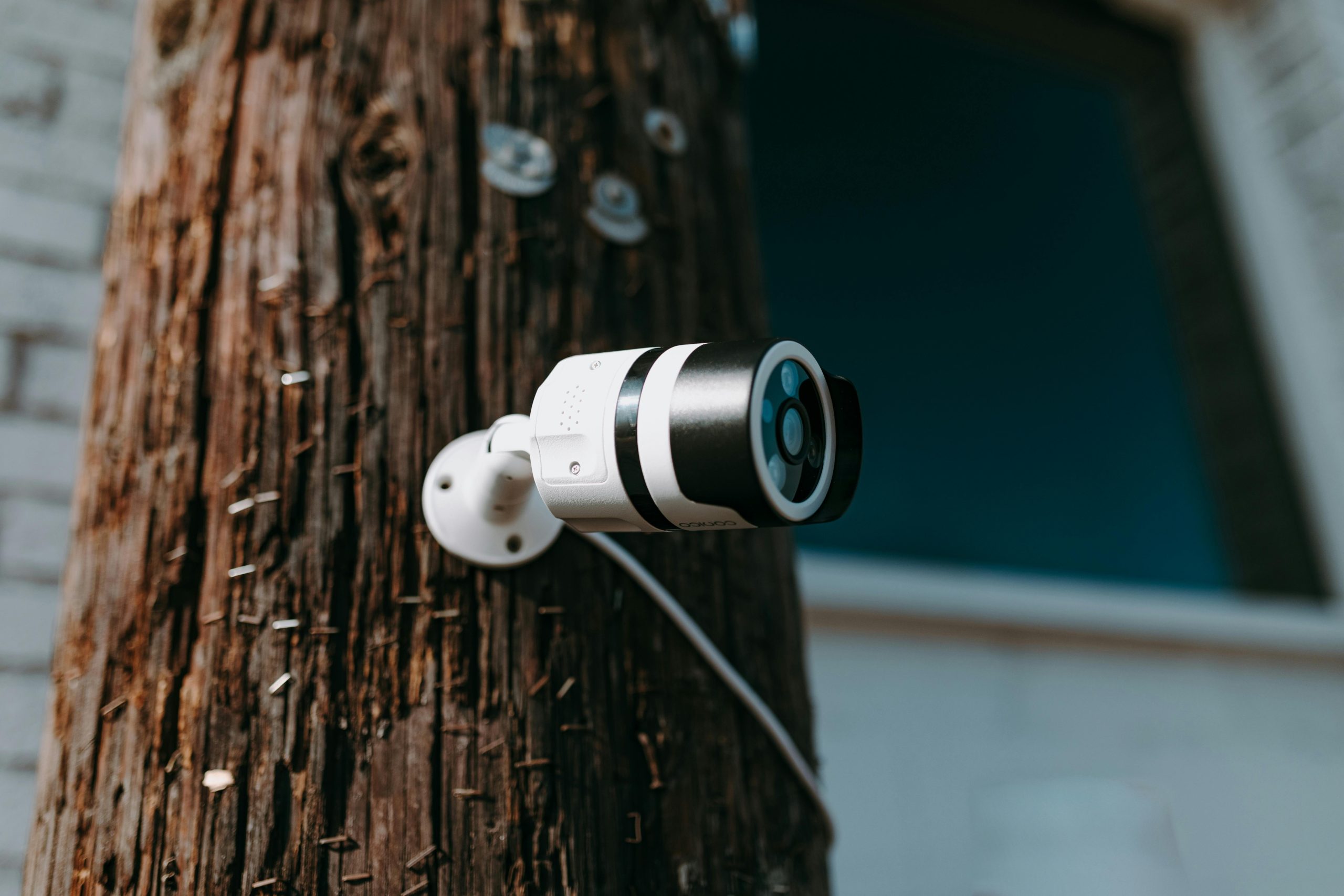Regarding my total loss situation in Florida: I was hit by an uninsured motorcyclist, resulting in $17,800 in damages to my car. I filed a claim with GEICO.
My vehicle is a 2020 Dodge Challenger with 60,000 miles. GEICO claims the total loss threshold is 75%, but my research indicates that it’s actually 80% in Florida. When I looked up the relevant statute, it seemed to imply that this may only pertain to uninsured vehicles.
Currently, the KBB value for my car is estimated between $22,500 and $25,000, which means that a 5% difference could determine whether my car is classified as totaled. The vehicle is paid off, and I want to avoid totaling it at all costs. Additionally, GEICO informed me that I cannot seek a second opinion on the repair costs.
They have yet to provide me with the actual cash value (ACV) of the vehicle and are still in the process of determining it.




It sounds like you’re in a frustrating situation with the claim process. Florida’s total loss threshold can indeed be confusing, especially when dealing with different types of vehicles and insurance policies.
To clarify, the total loss threshold for most privately owned vehicles in Florida is 80% of the vehicle’s actual cash value (ACV). However, there can be nuances depending on specific circumstances, like uninsured drivers or the type of coverage in your policy. It’s essential to review the statute carefully, but generally, the overarching threshold should be considered.
Here are some steps you can take:
Request the ACV Calculation: It’s crucial to get Geico’s estimate of your vehicle’s actual cash value (ACV). Once you have this, you can better understand how close you are to the total loss threshold.
Gather Additional Valuation Evidence: You can provide evidence from sources like Kelley Blue Book, NADA Guides, or local listings for similar vehicles. This can help you argue for a higher ACV if Geico’s valuation seems low.
Negotiate Repair Costs: While Geico may have said you can’t get a second opinion, you can still negotiate. If you have repair estimates from other shops you trust, you can present this to Geico as part of your case to avoid a total loss designation.
Document Everything: Keep thorough records of all communication with Geico and any documentation regarding your vehicle’s value and damages.
Consider Legal Advice: If you’re unable to resolve the issue satisfactorily, it might be helpful to consult with an attorney or a public adjuster who specializes in auto insurance claims.
Ultimately, your goal is to provide as much evidence as possible to argue against a total loss. Good luck, and I hope you’re able to keep your Challenger!